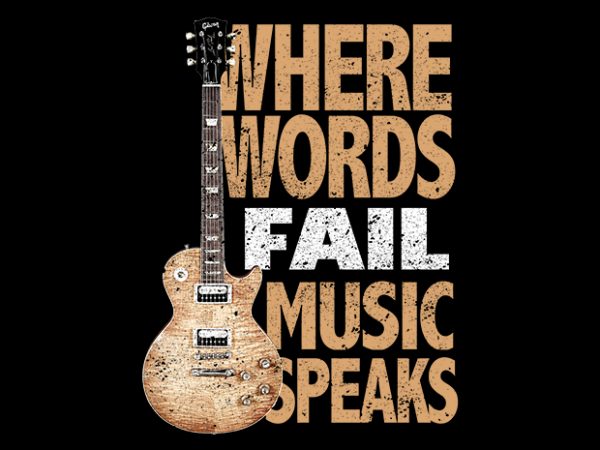
When Words Fail, Music Speaks
When words fail, music speaks. Music is the one language everyone speaks. It acts on consciousness more directly than most other modes of communication. It is also the one language everyone can understand. The Self-discipline that comes with using your voice as an instrument is immense. The original phrase “When words fail, sounds speak” was first printed in the 1840 book, What the Moon Saw: And Other Tales. Read the full story of this inspirational phrase and learn how to be a musician.
When words fail, music speaks
“When words fail, music speaks” is an iconic quote attributed to Hans Christian Andersen, one of the world’s most beloved writers. It rings true for anyone who has ever listened to a beautiful overture or moving concerto. Instrumental voices have a way of communicating what ordinary speech cannot. If we could all be more like Andersen, then we would be more able to appreciate and understand the power of music.
Music acts on consciousness more directly than most other mediums of communication
In fact, music seems to act on our consciousness directly, causing a wide range of reactions and emotions. According to some researchers, music acts on our conscious in ways that most other mediums do not. One of the most obvious examples is music’s power to evoke memories. While music can evoke feelings in people, it does so without explicitly describing them. Music may evoke feelings because it embodies a variety of emotions, including fear, laughter, and pleasure.
Music is the one language everyone can speak
In Henry Longfellow’s poem, “When words fail, music speaks,” we hear that the sounds of a song are far more important than the lyrics. Music connects people across cultures, generations, and language barriers. It is the one language everyone can speak, and it carries messages beyond words. It can bring tears to someone’s eyes, soothe an anxious mind, or accentuate an important moment in time. Despite its universality, music still has its limitations.
Emotional connection that vocal performers must forge with their music
The emotional connection that vocal performers must forge with their material is more than just an intellectual one. It is also a socially important one, influencing the way that audiences interpret a piece of music. The emotional connections singers make with their music, as well as the physical reactions that accompany them, are integral to the success of their performances. This article outlines the emotional connection singers must make with their material.
